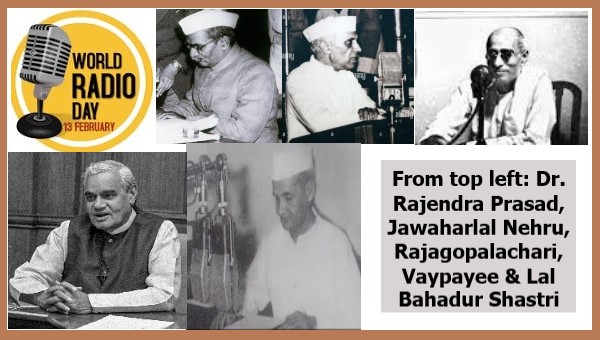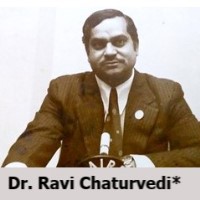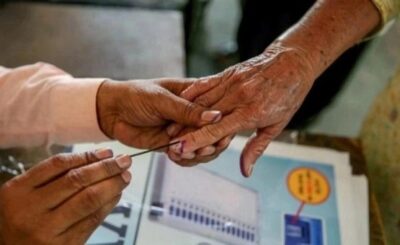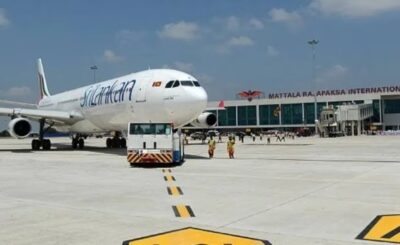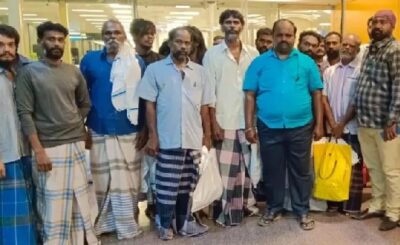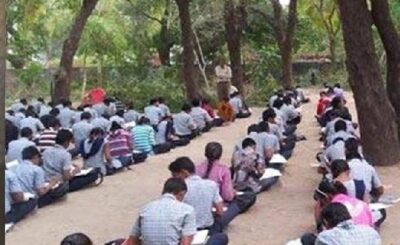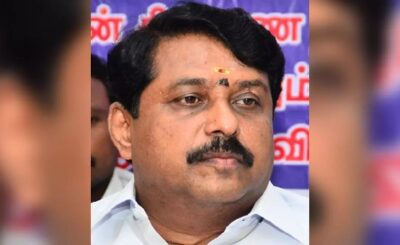The genesis of the World Radio Day was the framework of the Spanish Radio Academy’s proposal to the UNESCO Executive Board on September 20, 2010, to proclaim a World Radio Day. UNESCO carried out a world-wide consultation next year. The Rubicon weas finally crossed on November 3, 2011, when UNESCO’s 36th General Conference approved proclamation of World Radio Day proposed by Spain. Since then, World Radio Day is being observed annually on February 13. The establishment of United Nations Radio in 1946 was an earlier effort in the same direction.
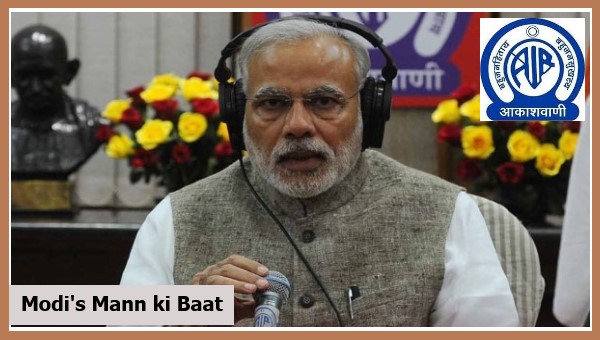
Every year, February 13 is celebrated as World Radio Day (WRD), recognizing the powerful medium that has informed, entertained, and educated people across seas and oceans for over a century.
The occasion of World Radio Day, therefore, is an opportunity to celebrate the medium of radio as a source of information, entertainment, and education. It is also a reminder of the importance of radio as a tool for promoting inclusivity through accommodative communication.
This year, World Radio Day 2024 came with a theme of “Radio: A century informing, entertaining and educating.” The theme highlights the history of radio and its powerful impact on news, drama, music, and sports. It also highlights the current practical value of radio as a portable public safety net during emergencies and disruptions.
The origin and history of this coveted machine can be traced back to the late 19th century when Italian inventor Guglielmo Marconi made the first radio transmission in 1895. This claim however is disputed, as Jagdish Chandra Bose, a distinguished Indian scientist is claimed to have formulated the primitive form of the machine. However, Radio broadcasting of music and talk aimed at a wider audience began around 1905-1906. The radio became commercially available in the early 1920s, and radio stations emerged almost three decades later. By the 1950s, radio and broadcasting systems had transformed into a common space around the world. Radio also provides a vital platform for the expression of local and indigenous culture.
There is unanimity of opinion that Radio brought modernity into South Asia. Broadcasting made its inroads in India in 1920s. The government of then India was was conscious of its impact on public opinion. It was natural to initiate to curb the functioning of the new electronic media. The Radio clubs in Bombay, Calcutta and Madras were a natural corollary to a new wave in information technology.
But an umbrella organization Indian Broadcasting Corporation was established in 1927 which functioned for three years. Realizing the potential of Radio as a vehicle for ventilation of aspirations and grievances, Radio Stations were established in 1930s.
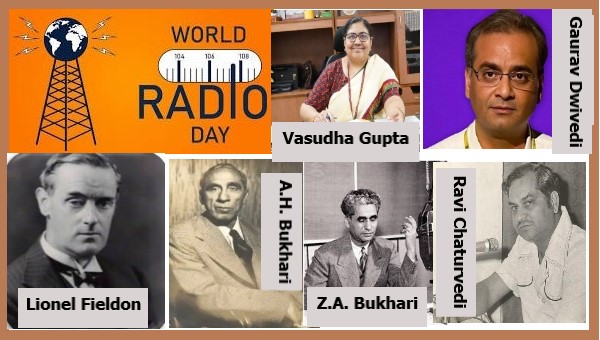
To run the radio in a professional manner, Lionel Fieldon (a war veteran) was sent from London to set up full-fledged Indian broadcasting stations in 1935 with Syed Zulfiqar Ali Bukhari as programme director, All India Radio at Delhi. If this was not enough, Fielden appointed Ahmed Shah Bukhari ‘Patras’, a famous Urdu writer and elder brother of Z.A. Bukhari as Deputy Director General of AIR.
In course of time, through sheer professional approach, Bukhari brothers made AIR a prominent national institution. It made AIR earn an unfair epithet of “BBC” (Bokhari Brothers Company). Z.A. Bokhari was transferred to Bombay to run the station efficiently in 1939. His work ethics and approach impressed Fieldon.
On the recommendation of Fieldon, Sir Malcolm Darling, ICS, Indian Civil Servant brought Bokhari to BBC to set up the Indian section of the of the Eastern Service in 1940. Since then, the section has made a big headway with fragmentation in 1947 into Hindi and Urdu sections of the Eastern Service of the BBC.
Bokhari came back to India as station director, erstwhile Calcutta in 1945 and later became the first Indian Director General of AIR. He put things in place in AIR by utilizing ‘Patras’ services as a writer, poet and musician. In course of time, Zulfiqar Bukhari as a doyen in the world of broadcasting in the Indian Subcontinent was widely recognised. After partition of the country, Pakistan pulled him away to establish Radio Pakistan (RP) and later Pakistan Television (PTV) and before retirement earned accolades from both sides of the border.
In independent India, AIR was obligated to perform national duties. The most challenging were the message of the President on the eve of the Independence and Republic Days, the coverage of the Independence Day function at Red Fort, besides Prime Minister’s speech, Republic Day parade at Rajpath and the most devotional the consecration ceremony from Ayodhya recently. These onerous responsibilities have been carried out carried out commendably by the authorities in office then but now efficiently and vividly by the double-engine team of Gaurav Dwivedi, CEO, Prasar Bharati and Dr. Vasudha Gupta, DG, All India Radio. As a finale, it is worthwhile remembering the saga of broadcasting in the Indian Subcontinent on the World Radio Day.
(*Scribe has been associated with broadcasting since the 1960s.)
See also:
Patiala Maharaja Bhupinder Singh’s assets & liabilities
Religious fervour marks Divine Narayani Amma’s birthday


